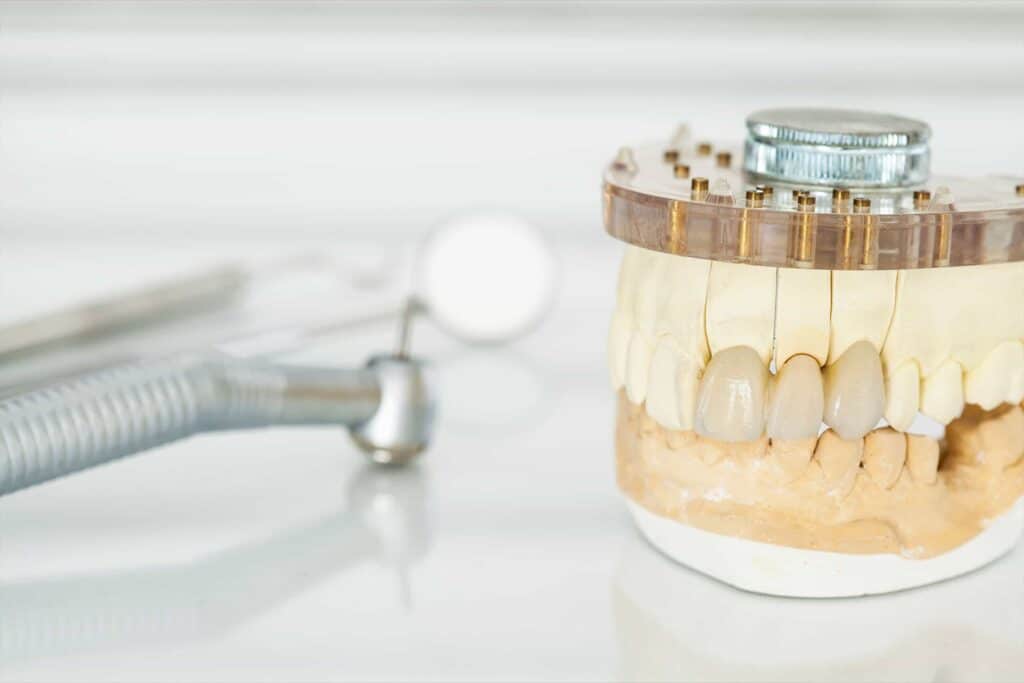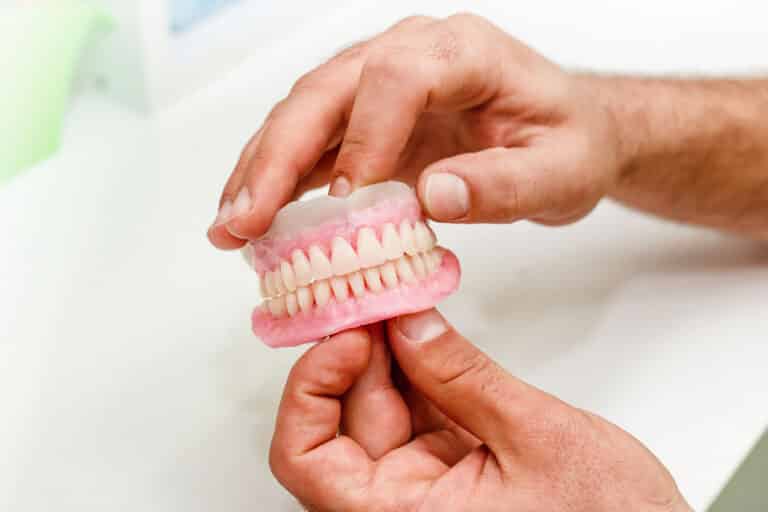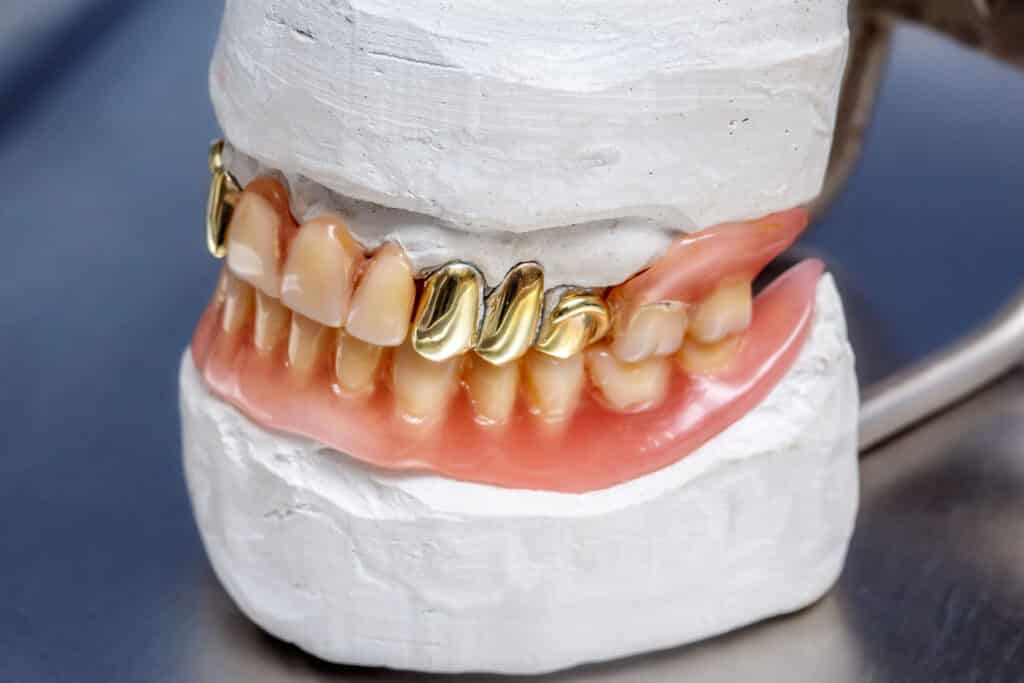There isn’t one clear-cut answer to why you grind your teeth. There are typically a combination of reasons including stress, neurological problems, and sleep disordered breathing to name a few. But there are lots of other causes that cause this.
What Causes Teeth Grinding
Also known as Bruxism, teeth grinding can stem from sleep problems, taking certain medications like antidepressants or even smoking and drinking. It’s also claimed to be more common in younger people and those who drink caffeine.
When you sleep, your muscles relax. This includes your tongue, which rests low in the mouth and can fall backward. As it obstructs the airway, it makes it difficult to breathe, so you begin grinding your teeth to open up the airway to breathe. Although much harder to qualify, anecdotally there are associations between periods of high stress and grinding. Family problems, death of loved ones, stressful jobs or unexpected issues all can contribute to grinding.
The Consequences of Bruxism
Without getting treatment for Bruxism, you can lose the vertical dimension of occlusion and fracture your teeth. The constant stress from grinding can also result in tori and exostosis. These are bumps of bone in the jaws that develop to take the biting force. Here are other issues that can stem from grinding your teeth:
- Pain
- Headache
- Fractures
- Muscle problems
- Clicking noises
- Temporomandibular disorders (TMJ)
- A restricted range of motion
- Unesthetic smiles
Is Grinding My Teeth During Sleep Normal?
Nocturnal Bruxism affects as high as a third of adults1https://www.lucaguarda.it/articoli/159-Epidemiology.pdf. While grinding your teeth in your sleep is common, you should seek treatment for it. The longer you leave it untreated, the higher your chances are of suffering from the issues above.
How to Stop Your Teeth From Grinding
A quick fix to stop your teeth from grinding is to get something to prevent the teeth from excessive grinding at night. This typically means a nightguard which can easily be done with an over the counter version of by visiting your dentist. They can fit you with a mouth guard to wear at night to protect your teeth.
However, a mouth guard might not be the permanent fix. If you’re stressed, work with your dentist or doctor to run through options to minimize your stress. Whether it’s speaking to a therapist or taking muscle relaxants, get to the root cause first and tackle it from there. If you have any sleeping problems, seek help from a sleep physician or sleep dentist. They both can help.
It is important to minimize any excessive clenching and grinding. Doing this will lower the impact on your teeth and muscles and relieve symptoms.
Treating Tooth and Muscle Pain
Pain can come from the TMJ, masseters or your teeth themselves. Here are some quick tips to try to help you overcome your pain and if you can’t see your dentist or doctor immediately.
- Don’t chew gum.
- Get enough quality rest.
- Drink lots of water every day.
- Apply cold compression if there is any acute trauma to the jaw, otherwise warm compresses are better for chronically sore muscles.
- Don’t eat hard or chewy foods, like nuts or candy.
- Learn stretching exercises to help your joints and muscles.
- Massage your masseters (the muscles that pop out on the side of your jaws when you clench your teeth).
You’ll often notice it yourself when your muscles and joints hurt. However, a benefit of seeing your dentist is they’ll be able to check for wear and tear on your teeth. There’s every chance you might be grinding your teeth in your sleep but are completely unaware.
A dentist can tackle this issue early on and help you prevent it from getting worse. They can offer tips and advice while also offering you a mouth guard to wear at night or oral appliance therapy if you have sleep issues.
Was this post helpful?
References
- 1





